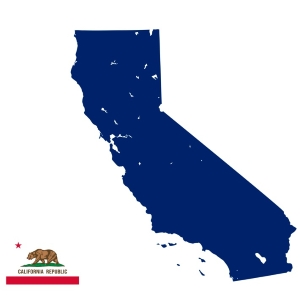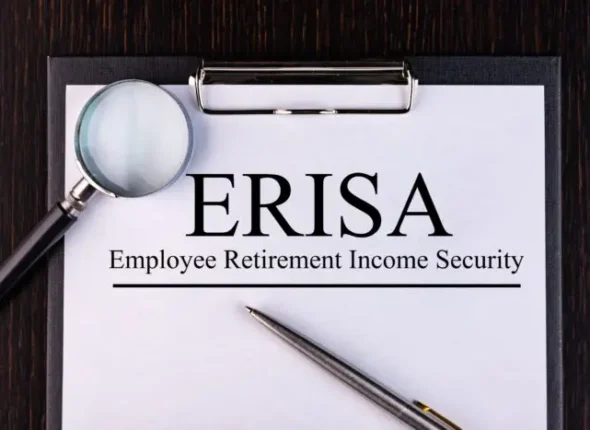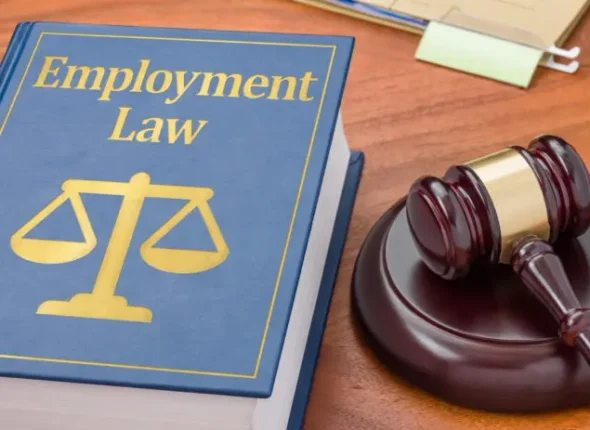California CLE | Choose Your Plan | Search for a Course

CA CLE (MCLE) Requirements:
Attorneys in California must complete 25 hours of CA CLE (Continuing Legal Education) every three years, including at least 4 hours of legal ethics, 1 hour on competence issues, and 2 hours on eliminating bias in the legal profession and society. These credits can be earned through State Bar–approved live seminars, webinars, or on-demand courses, offering flexibility to fit busy schedules. Attorneys are required to report their compliance by their designated deadline, and failure to meet CA CLE requirements may result in fines or administrative suspension. Read the Full Article| Visit The CA MCLE Board
How to Obtain CLE Credit for a Knowledge Group Course in California:
Complete the video courses, answer the secret word questions, and download your Certificate of Attendance. The Knowledge Group is an accredited provider in California, and the courses are presumptively approved.
Attendance Reporting Procedure: The Knowledge Group reports attendance directly to the California MCLE Board. Additional Resources: The Knowledge Group CLE Rules Page contact CLE support.
California CLE | Search for Single Courses
Section 101: Patentability Today | On-Demand Webinar
Anthony FugaPartner | Holland & Knight LLP Pablo HendlerPartner | Potomac Law...
Securing and Enforcing Trade Secrets | On-Demand Webinar
L. Scott Oliver Shareholder | Greenberg Traurig LLP Robert B. Milligan Partner...
Eminent Domain: Law & Case Studies | On-Demand Webinar
Jeffrey B. Bell Partner | Property Rights and Business Litigator | Hill,...
Asbestos Litigation: Key Trends | On-Demand Webinar
Melissa M. Malloy Partner | Asbestos Defense Attorney | Pierce Davis &...
R&D Tax Credit Strategies | On-Demand Webinar
Mike Woeber President and Co-founder | Tax Advisor & Accounting Consultant |...
Navigating ESG & ERISA | On-Demand Webinar
Dylan Rudolph Director | Trucker Huss William David Pollak Counsel | O’Melveny...
AI Patents: Drafting for Success | On-Demand Webinar
Malgorzata (Gosia) A. Kulczycka, Ph.D., J.D. Partner | IP Attorney with Expertise...
Restrictive Covenants: Key Developments | On-Demand Webinar
Ronald Rosengarten Shareholder | Greenberg Traurig, LLP Robin E. McGuffin Member |...
Immigration Policy: Key Facts | On-Demand Webinar
Vandana Ruda Immigration Associate | Kingsley Napley LLP Rebekah Kim Immigration Associate...
Understanding CA CLE Requirements for Attorneys: A Complete Guide
Attorneys practicing in California are required to stay up to date with their professional skills and ethical responsibilities through CA CLE—California’s Continuing Legal Education program. This ongoing education system ensures that lawyers remain competent in their fields, adhere to the highest standards of ethics, and are aware of evolving laws and regulations. For new and seasoned attorneys alike, understanding the requirements and best practices for meeting CA CLE obligations is essential to maintaining an active license and avoiding costly penalties.
CA CLE Requirements
The State Bar of California mandates that all active attorneys complete 25 hours of CA CLE every three years. These hours are not merely general legal education; they include specific sub-requirements designed to ensure well-rounded professional development. Attorneys must dedicate at least 4 hours to legal ethics, 1 hour to competence issues—such as substance abuse or mental health—and 2 hours to programs addressing the elimination of bias in the legal profession and society. This structure underscores the importance of ethical and inclusive practice in the legal field, ensuring that attorneys are not just technically proficient but also conscious of the broader responsibilities they hold.
Meeting CA CLE requirements can be done through a variety of formats. While many attorneys still attend traditional in-person seminars and workshops, the growth of technology has made online and on-demand courses increasingly popular. Web-based learning allows lawyers to access high-quality educational content at their convenience, which is particularly helpful for those balancing heavy caseloads, travel, or personal commitments. Importantly, not all courses count toward the mandatory credits—attorneys must ensure that their selected programs are accredited by the State Bar of California.
CA CLE Reporting
The reporting process for CA CLE is straightforward but crucial. Attorneys are assigned to one of three compliance groups based on the first letter of their last name. Each group has a specific deadline for reporting completion of the required hours. This cyclical system ensures that the State Bar can manage compliance efficiently while allowing attorneys to plan their education schedules well in advance. Missing the reporting deadline or failing to complete the required hours can result in fines, administrative suspension, and potential harm to a lawyer’s professional reputation.
Beyond merely meeting the required hours, many attorneys view CA CLE as an opportunity for professional growth. The wide range of available topics—ranging from cutting-edge developments in intellectual property law to the latest in trial advocacy—allows attorneys to tailor their continuing education to their areas of practice or explore new fields. For instance, a corporate lawyer may take CA CLE courses on securities regulation or data privacy, while a litigator might focus on advanced trial techniques or evidence law. This flexibility ensures that continuing education is not just a regulatory burden but a tool for career development.
Ethics-focused CA CLE courses often address issues such as conflicts of interest, client confidentiality, and evolving standards around technology in legal practice. In today’s digital age, understanding cybersecurity risks and data protection regulations has become essential, making ethics courses both practical and necessary. Similarly, courses focused on eliminating bias promote diversity and inclusion in the profession, encouraging attorneys to engage thoughtfully with clients and colleagues from all backgrounds.
One of the most significant advantages of the CA CLE framework is its adaptability. By allowing a blend of live events, webinars, and self-study programs, the State Bar accommodates the diverse needs of California’s large legal community. Many providers also offer bundled courses that cover all required subtopics, making it easier for busy attorneys to stay compliant without having to track each category separately. These options help reduce stress and ensure that attorneys can meet their obligations efficiently.
While compliance is mandatory, the ultimate goal of CA CLE is to enhance the quality of legal services provided to the public. Clients benefit from working with attorneys who are informed about current laws, ethical standards, and best practices. By prioritizing continuous learning, attorneys not only safeguard their own licenses but also contribute to the integrity and professionalism of the entire legal system.
CONCLUSION | CA CLE
In conclusion, CA CLE is more than just a regulatory requirement—it’s a cornerstone of professional development for California attorneys. By staying proactive about course selection, keeping track of compliance deadlines, and viewing education as an investment in their careers, attorneys can ensure they meet their obligations while advancing their skills and knowledge. As the legal landscape continues to evolve, CA CLE provides the structure and resources necessary for lawyers to stay competent, ethical, and effective advocates for their clients.
CA CLE Article End












